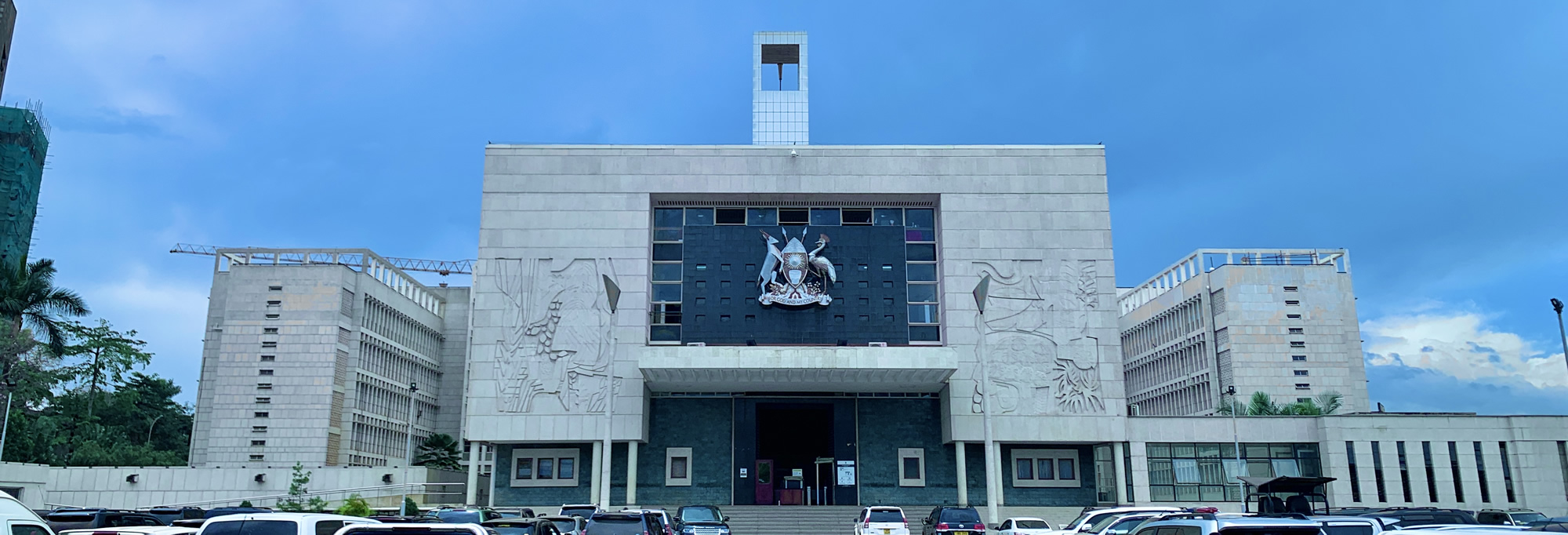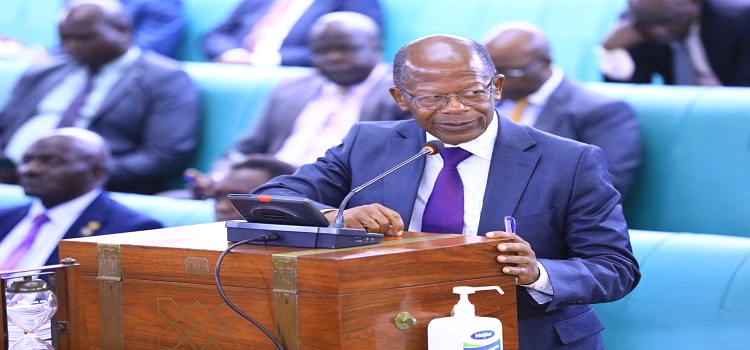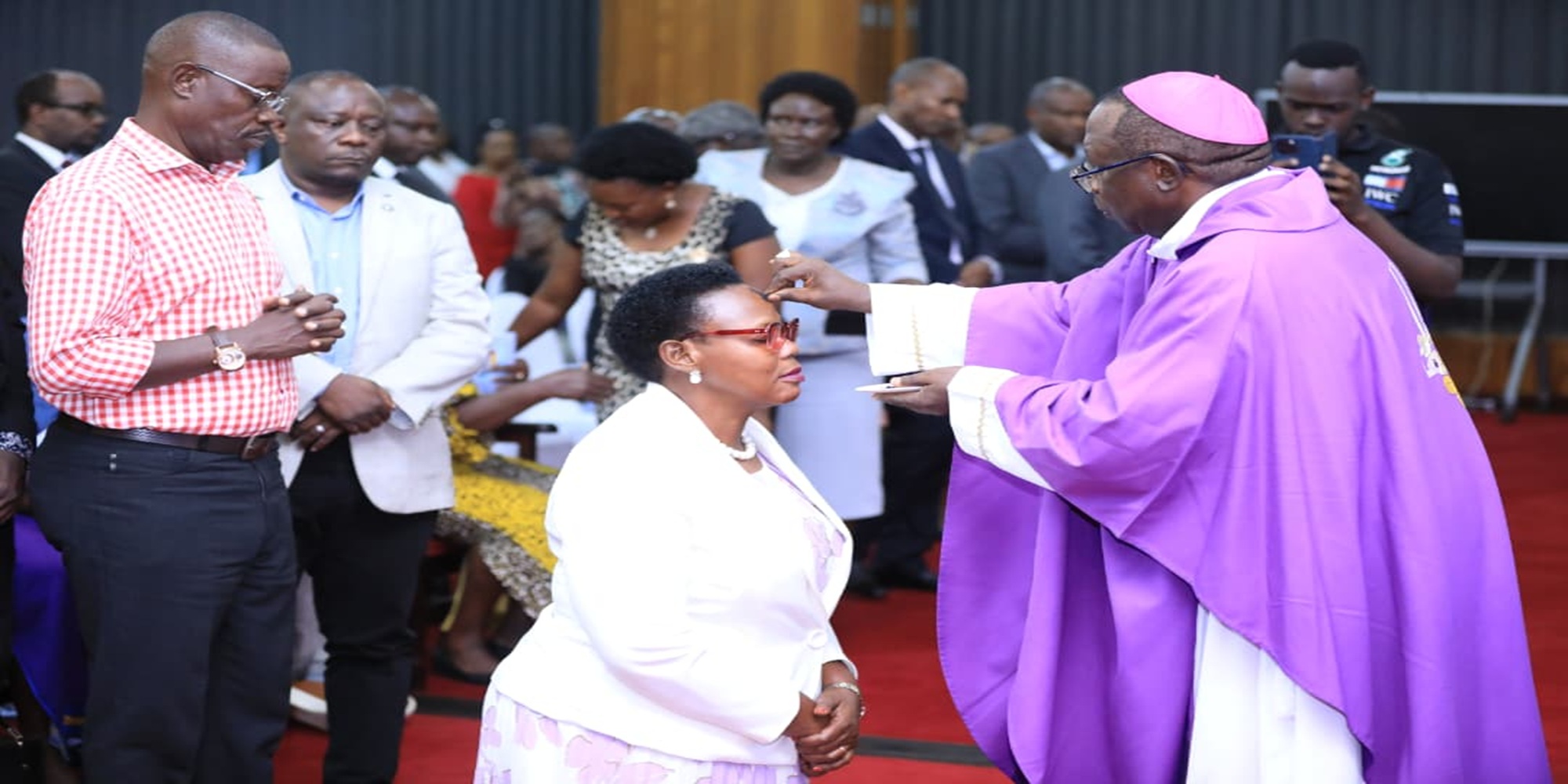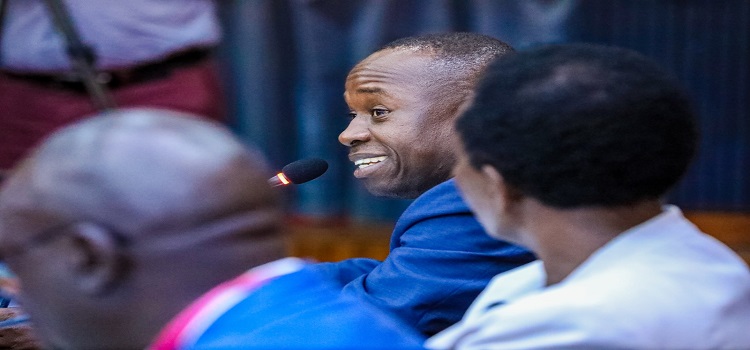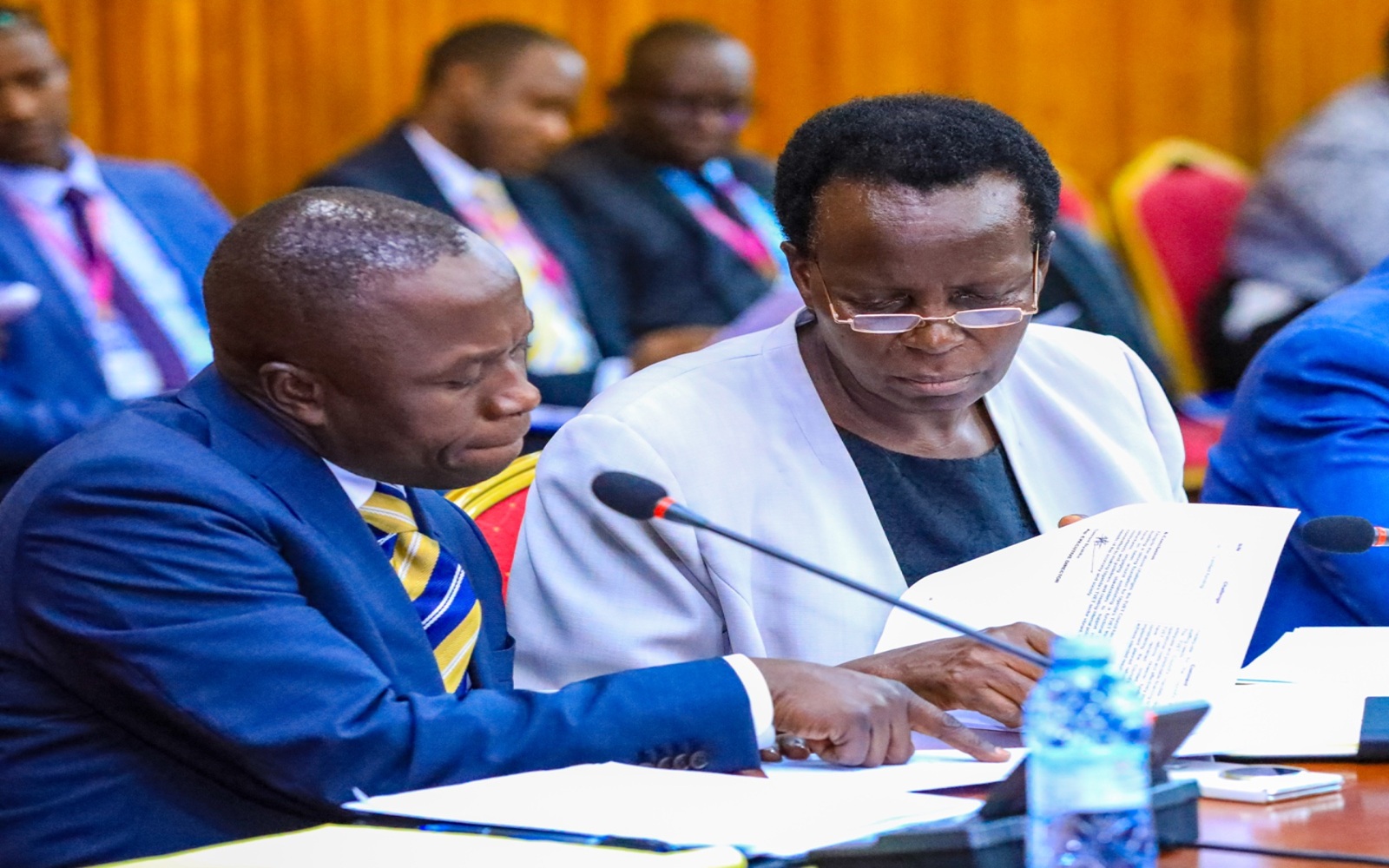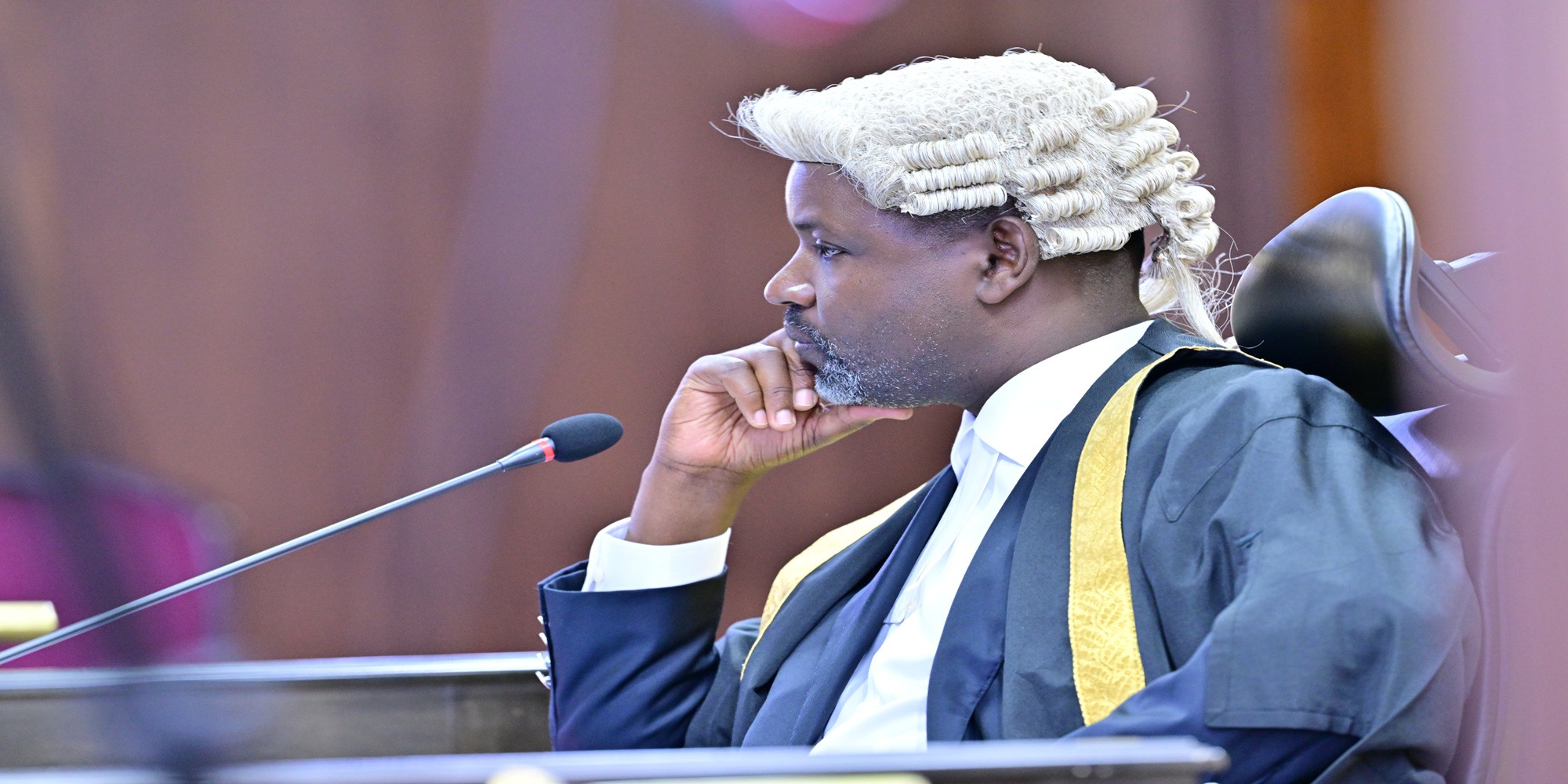Parliament has urged the Ministry of Education and Sports to review the Higher Education Students’ Financing Scheme (HESFS) to address persistent concerns of regional imbalance, digital exclusion, and limited access for vulnerable learners.
Presenting a statement to Parliament on Wednesday, 29 October 2025, the Minister of State for Higher Education, Hon. John Chrysostom Muyingo, revealed that only 2,047 students out of 7,125 applicants had been approved for study loans under the scheme for the 2025/2026 academic year.
“The demand for student loans has exponentially increased, outpacing available resources. There is therefore need for Parliament to allocate more funds,” Muyingo said.
According to the Minister, 1,196 beneficiaries are male, 861 are female, while 45 students with disabilities received support, an increase from 29 the previous year. He explained that the loans were allocated based on a district quota system (60 percent) and socio-economic vulnerability (40 percent) to promote equitable access.
However, several lawmakers expressed dissatisfaction with the implementation of the scheme, arguing that the allocation still favors certain regions and urban-based applicants with better internet access.
Kiboga District Woman MP, Hon. Christine Nakimwero, questioned whether the scheme’s affirmative action objectives were being met.
“The affirmative benefit was on regional balance, not on sex. The biggest challenge was on balancing of regions which is not coming out clearly,” she said.
Nakimwero called for decentralized communication, noting that online applications disadvantage students in rural areas.
“There should be an improvement in sharing adverts to line officers at district level, because online applications and responses become difficult to the very vulnerable students. They don’t have the equipment to run with online applications. This is leaving them behind,” she said.
Obongi County MP, Hon. George Boka Didi, cited historical marginalization in some regions, saying, “There are regions that are highly marginalised such as Karamoja, Acholi, Lango, West Nile and Bukedi, yet when it comes to loan scheme financing, I see more opportunities are given to districts that perform well under ordinary sponsorships. We would like to know the affirmative action being applied to a district like Obongi that does not have electricity”.
Kimaanya–Kabonera Division MP, Hon. Abed Bwanika, questioned government priorities in linking higher education funding to national manpower needs.
“How do we choose our priorities? We don’t have health workers and engineers. I thought this loan should help government bridge those gaps if we have done a needs assessment in this country,” he said.
Butemba County MP, Hon. Bingi Patrick Nyanzi, urged government to expand the number of beneficiaries and integrate the State House scholarships into a district-based quota system to ensure fairness across all regions.
Meanwhile, Butambala County MP, Hon. Muhammad Kivumbi, criticized government’s failure to increase the sponsorship cap for decades.
“It has maintained a paltry 4,000 students that are sponsored by government across universities. People are selling land to pay school fees; you are compounding poverty. Are you comfortable that for 40 years, you have maintained 4,000 students per year?” he asked.
Presiding over the sitting, Deputy Speaker Thomas Tayebwa acknowledged that fear of debt remains a cultural barrier in some communities.
“When some people hear about student’s loans, they get scared and fail to apply for the loans, you cannot get a loan on behalf of the family,” he said.
Tayebwa directed the Committee on Education and Sports to study the minister’s statement and report back with recommendations on equitable distribution of the scheme.
